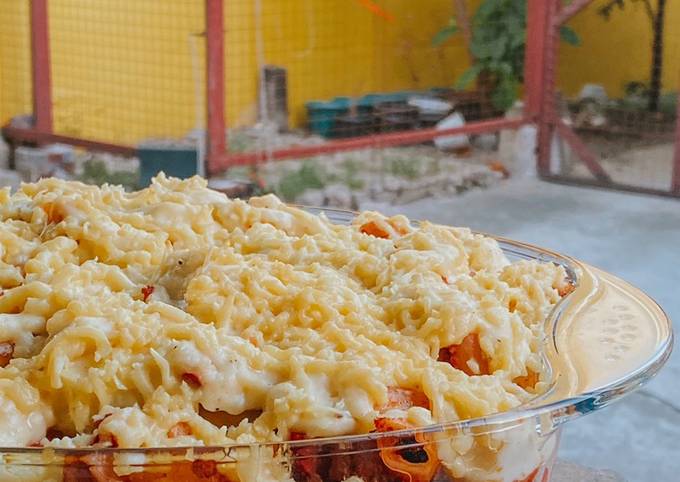

If you’re a beginner or have had troubles with bechamel sauce, sieve the flour before adding it and warm up the milk (should be very warm, but not boiling). STEP 4: Add about 1/3 cup of milk and whisk vigorously until the milk has been completely absorbed by the flour-butter paste. If you’ve browned your butter you need to start over (the taste of the sauce will be completely different). Cook, stirring, for about a minute over low heat to cook out the raw taste of the flour.ĭon’t let the paste brown – it should be yellow in color. STEP 3: Mix the butter and flour with a wooden spoon until they form a thick paste (this is called a roux). STEP 2: When it’s bubbling add 4 Tbsp of flour. STEP 1: Melt 4 Tbsp of butter in a big frying pan or a wide pot. In this recipe for white lasagna (lasagna made with only white sauce and no red sauce), I’m adding more flour for 1 cup of milk than here, simply because I don’t want to cook the sauce, I want it to be instantly thick and ready to pour over the lasagna noodles because the lasagna preparation is already long enough. The flour to milk ratios also vary, this will only make your sauce thicker on thinner. But really one thing that can happen is a small amount of tiny clumps in your sauce which is really not that tragic in my opinion. The truth is, you can make a good bechamel sauce from any recipe that is on the internet, just some of the recipes are more foolproof and some less. I’m adding 2 Tbsp of butter and flour for 1 cup of milk. When you add more butter, it coats the flour better and reduces the chance of a clumpy sauce. My recipe calls for a 1:1 ratio by volume simply because this bechamel is more foolproof. The authentic French recipes call for the same amounts of flour to butter by weight. I’ve tried all the possible ingredients ratios and these are my observations. you can also just go completely wild and make an amazingly rich, fluffy mushroom bechamel, by adding eggs to it and mushroom cooking water, just like it did in this recipe: white lasagna with pumpkin and mushrooms.some herbs to infuse the sauce: like thyme.this article from Cook’s Illustrated uses skimmed milk for a lighter sauce.if you’ve run out of butter, this recipe uses olive oil instead of butter.you could use bacon or sausage fat instead of butter for an extra meat flavor.Add these three to the sauce to infuse it with the flavor, then take out at the end. You can use the clove as a drawing pin and pin the bay leaf to the onion. some French recipes call for infusing the sauce with onion, bay leaves, and clove.You can easily omit it, it’s not necessary, just something that I really love to add. This sauce can really taste plain but the lemon juice just brightens it up and adds freshness, it won’t taste lemony though. You won’t see this ingredient in any traditional bechamel sauce recipes, but I’m telling you, the sauce is so good with it. In my recipe, there’s also a very unusual ingredient – just a little lemon juice.

You can use already ground nutmeg or grate it yourself (on a microplane or nutmeg grater) which is a better option. I’m also adding freshly grated nutmeg – this seasoning works best with the white sauce.If you want to use white pepper remember it’s more powerful than black pepper so just use less. Note about the pepper – some chefs prefer to use white pepper so that you won’t see specks of black pepper in the white sauce.The basic recipe consists of only 3 main ingredients: butter, flour, milk, and additionally salt and black pepper.


 0 kommentar(er)
0 kommentar(er)
